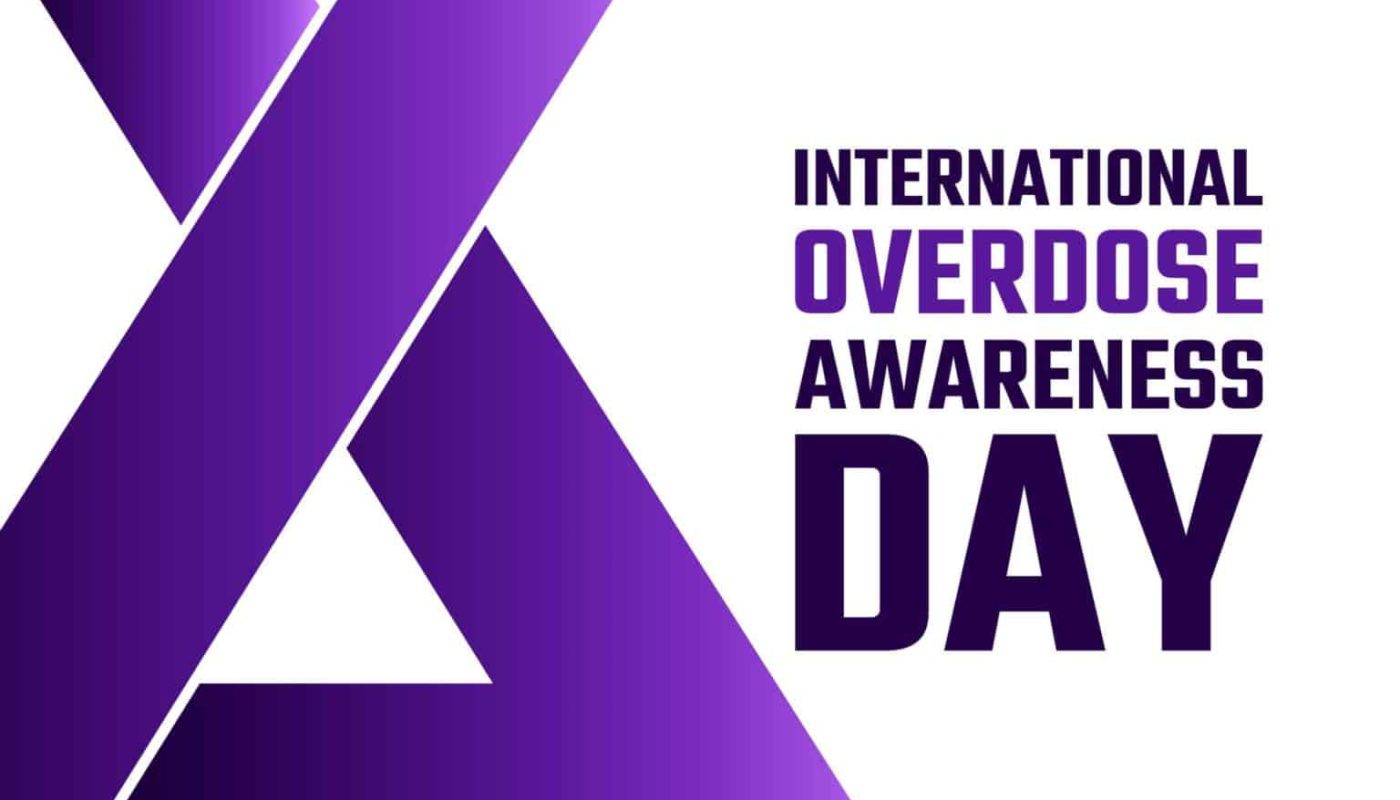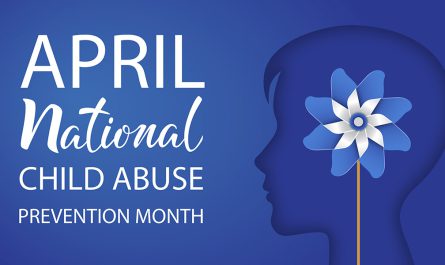International Overdose Awareness Day
Every year on August 31st, people around the world come together to observe International Overdose Awareness Day. This day seeks to increase awareness of addiction, honor those who have lost their lives, and provide support to those who are touched by this global issue. It also serves as a somber reminder of the deadly effects of drug overdose. International Overdose Awareness Day serves as a call to action, imploring society to give priority to prevention, education, and caring support for persons dealing with substance use disorders.
The expanding global overdose issue is what gives International Overdose Awareness Day its relevance. Numerous people and communities are still affected by substance abuse and addiction, which often has tragic results. The United Nations Office on Drugs and Crime (UNODC) estimates that 585,000 individuals died as a result of drug use disorders in just 2017 alone.
Particularly, the opioid crisis has become a significant public health issue in several nations. The alarmingly high rate of overdoses is a result of several factors, including the abuse of prescription opioids, the emergence of powerful synthetic opioids like fentanyl, and the accessibility of illegal substances. The objectives of International Overdose Awareness Day are to raise awareness of this epidemic, reduce the stigma associated with addiction, and promote all-encompassing solutions.
The purpose of International Overdose Awareness Day is to combat the stigma attached to addiction and bring attention to substance use problems. Individuals are frequently prevented from receiving life-saving care and services by stigma, which frequently acts as a barrier to asking for assistance and support. This day aims to dispel prejudices and foster empathy and understanding by encouraging open dialogue, sharing personal experiences, and educating the general public.
Drug overdose is a devastating and frequently avoidable event that happens when someone consumes too many drugs or a mix of drugs, which overwhelms their body’s capacity to function normally. Drug overdose has far-reaching impacts and can have terrible effects on people, families, and society. Let’s look at a few severe consequences of drug overdose:
- Loss of Life: The most terrible and permanent result of a drug overdose is death. Each overdose stands in for a priceless individual whose potential, aspirations, and contributions are dashed. The loss caused by premature death can be felt strongly in communities, and the family and loved ones left behind must endure unimaginable suffering and sadness.
- Health Effects: For those who survive a drug overdose, there may be serious health effects. Overdoses can result in organ damage, respiratory difficulties, brain trauma, and other major medical issues depending on the chemicals used. In order to address the short- and long-term repercussions on their health, survivors may need rapid medical intervention, such as emergency resuscitation, hospitalization, and continued medical treatment.
- Emotional and Psychological Impact: Being present when a drug overdose occurs or witnessing one can have significant emotional and psychological repercussions. Those who witness an overdose, including family members, friends, and emergency personnel, may feel traumatized, guilty, and distressed emotionally. Anxiety, sadness, and other mental health disorders can develop or worsen as a result of the dread of losing a loved one or the trauma of personally surviving an overdose.
- Stigma and Social Consequences: Overdose can be associated with severe social stigma, which makes life even more difficult for those who experience it and their family. Isolation, prejudice, and an unwillingness to get treatment can result from society’s judgment and misconceptions about addiction and overdose. This stigma may make it more difficult for people to receive support services, discourage them from openly discussing their experiences, and prolong feelings of guilt and self-blame.
- Effects on Families and Relationships: Overdosing on drugs can harm family ties and have a long-lasting effect on the dynamics of a home. Family members may experience great grief, guilt, and resentment after losing a loved one to an overdose. It could result in strained relationships, communication problems, and a sense of disunity among family members. Children’s lives can also be disrupted by overdoses, which can leave them without parents or other carers and perhaps have an impact on their emotional health and future development.
On International Overdose Awareness Day, local gatherings, educational initiatives, and memorial services are planned to honor the victims of overdoses and offer a forum for healing and contemplation. The day provides a forum for advocates, medical experts, and people in recovery to exchange experiences, information, and resources in an effort to spur change and inspire optimism.
The crucial need for all-encompassing strategies to prevent overdose and help recovery is highlighted by International Overdose Awareness Day. Increased access to responsible prescribing practices, harm reduction initiatives, early intervention programs, and evidence-based substance addiction education are all examples of effective prevention tactics. Through these initiatives, the danger of an overdose can be reduced and at-risk persons can be given support and tools to help them avoid becoming addicted.
Access to effective treatment and support services for people with substance use problems is equally important. International Overdose Awareness Day serves as a gentle reminder that everyone should seek help for their addiction together and that recovery is achievable. It focuses on how crucial it is to de-stigmatize addiction, increase access to treatment centers, and foster ongoing support systems for people and their families.
In order to combat the overdose issue, communities, governments, and organizations must get involved. International Overdose Awareness Day promotes stakeholder cooperation to create and execute evidence-based policies, advance harm reduction tactics, and allot funding for programs that address prevention, treatment, and recovery. It is a chance to promote systemic changes that put public health, accessibility to healthcare services, and the well-being of people struggling with addiction first.
The somber yet inspiring event known as International Overdose Awareness Day raises awareness of the tremendous effects that drug addiction and overdose have on people, families, and communities all across the world. It is a day to honor the memory of the deceased, offer support to the grieving, and join forces to prevent similar tragedies. We can work to build a world where lives are saved, hope is restored, and assistance is easily accessible for all those afflicted by addiction by increasing awareness, battling stigma, promoting prevention and treatment, and encouraging community engagement.



